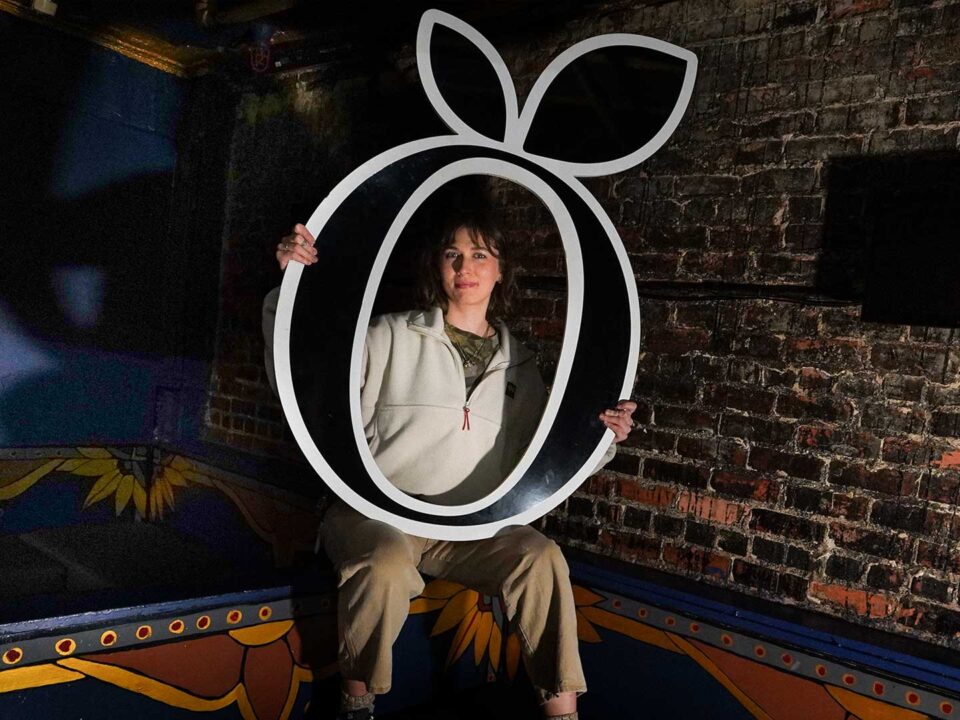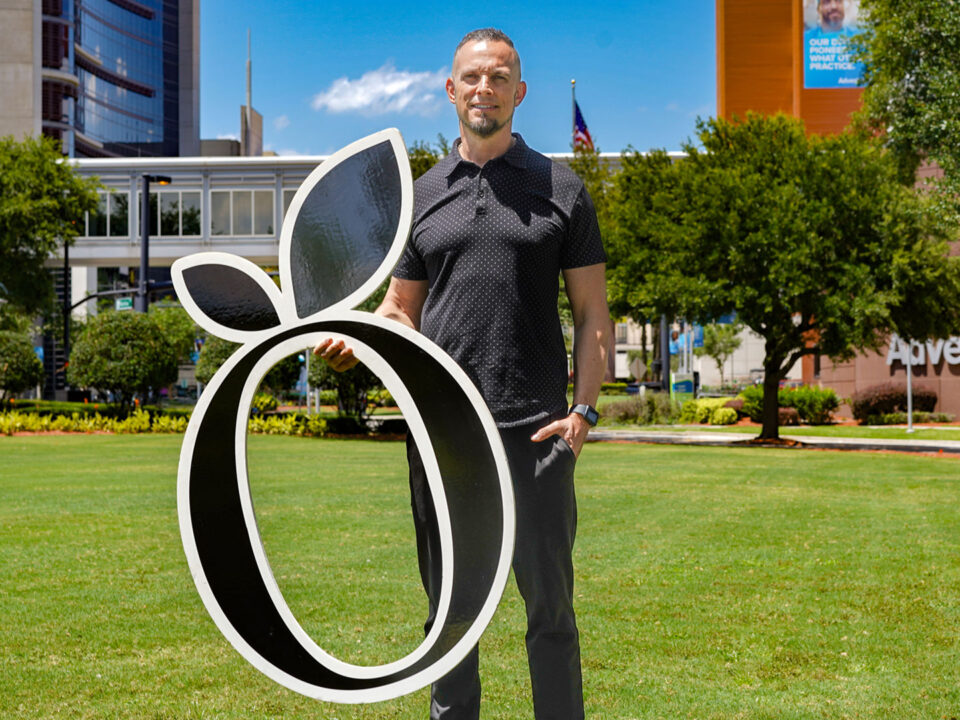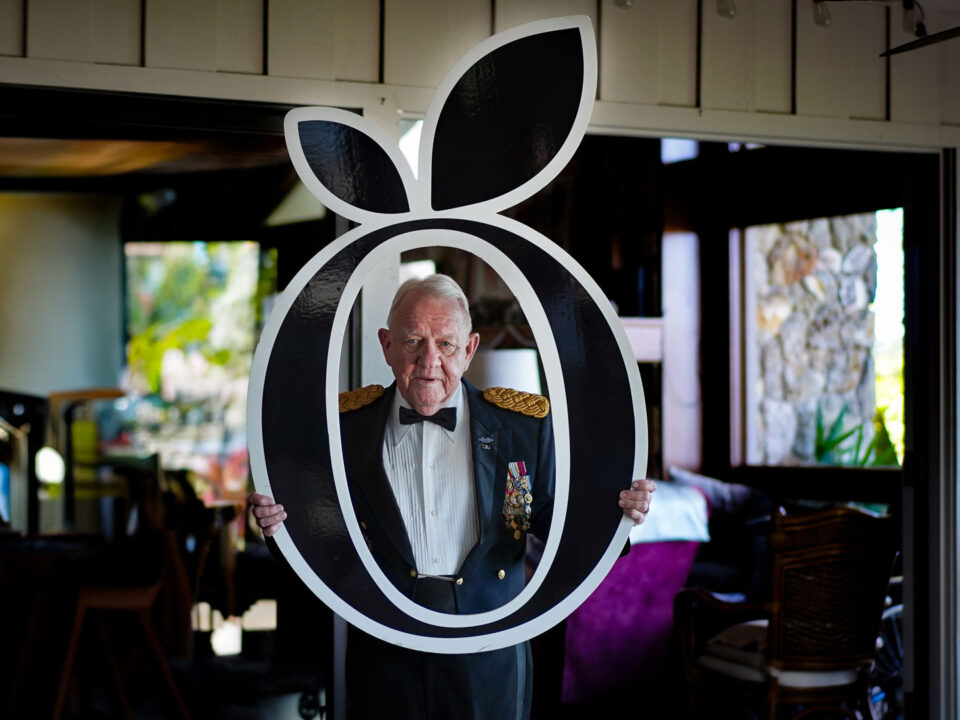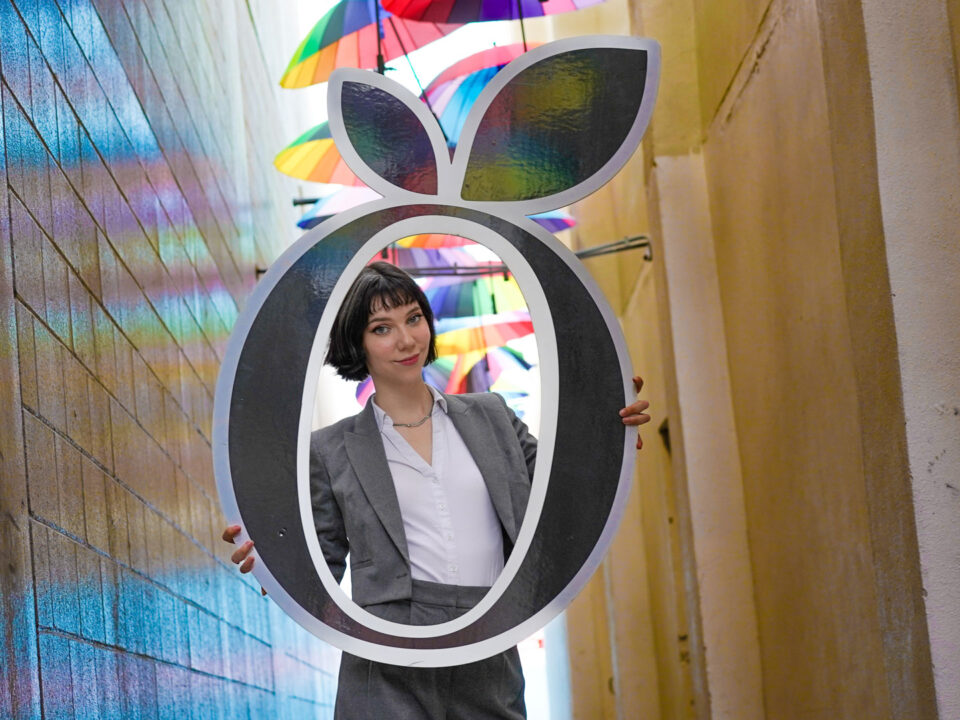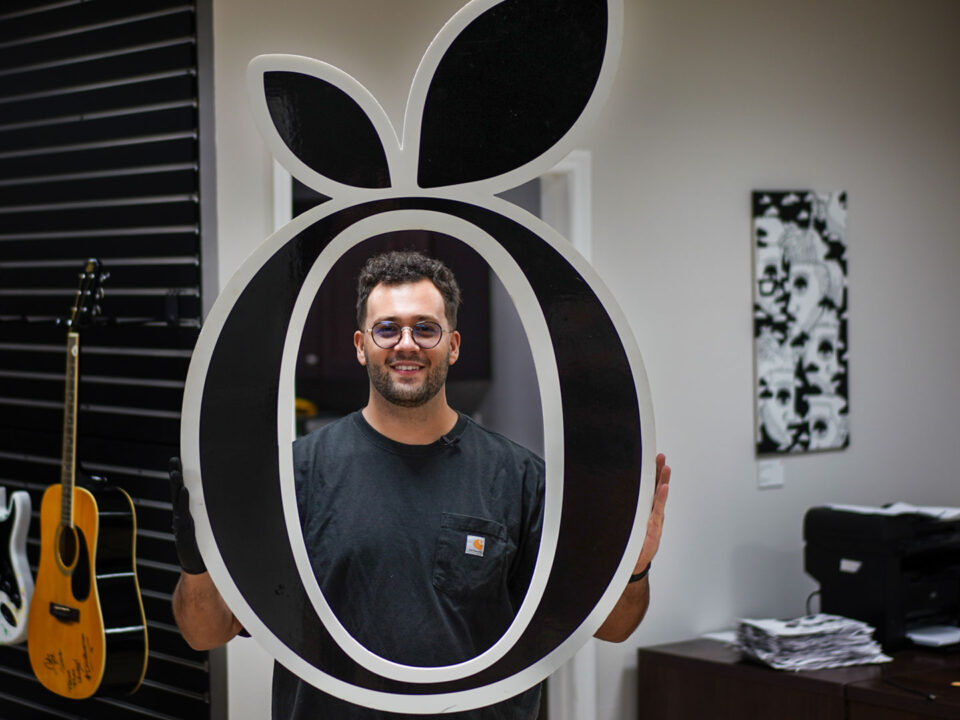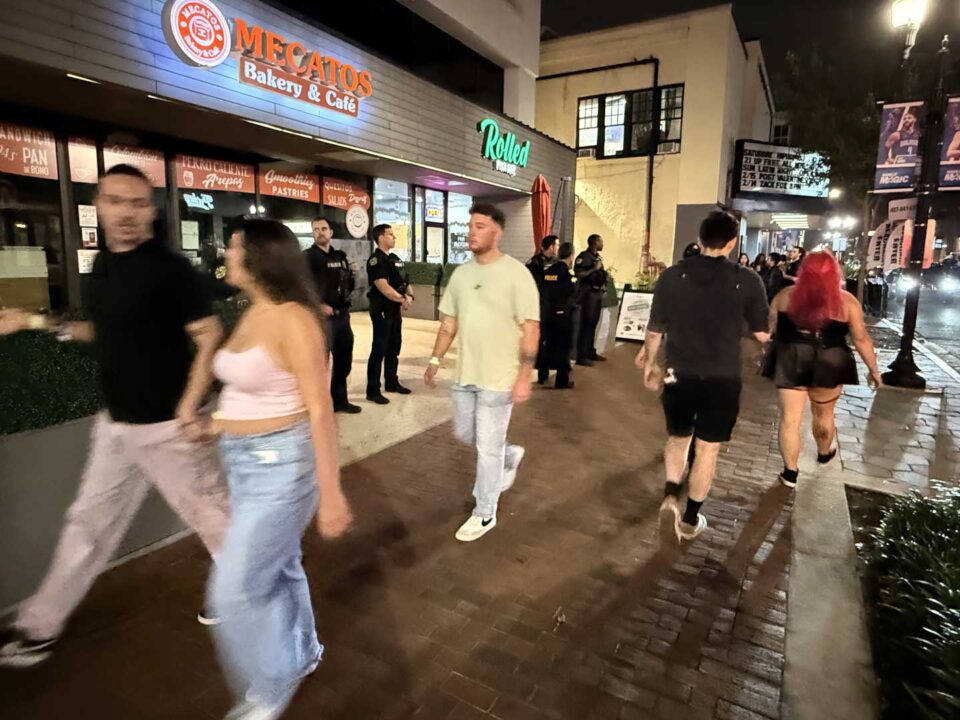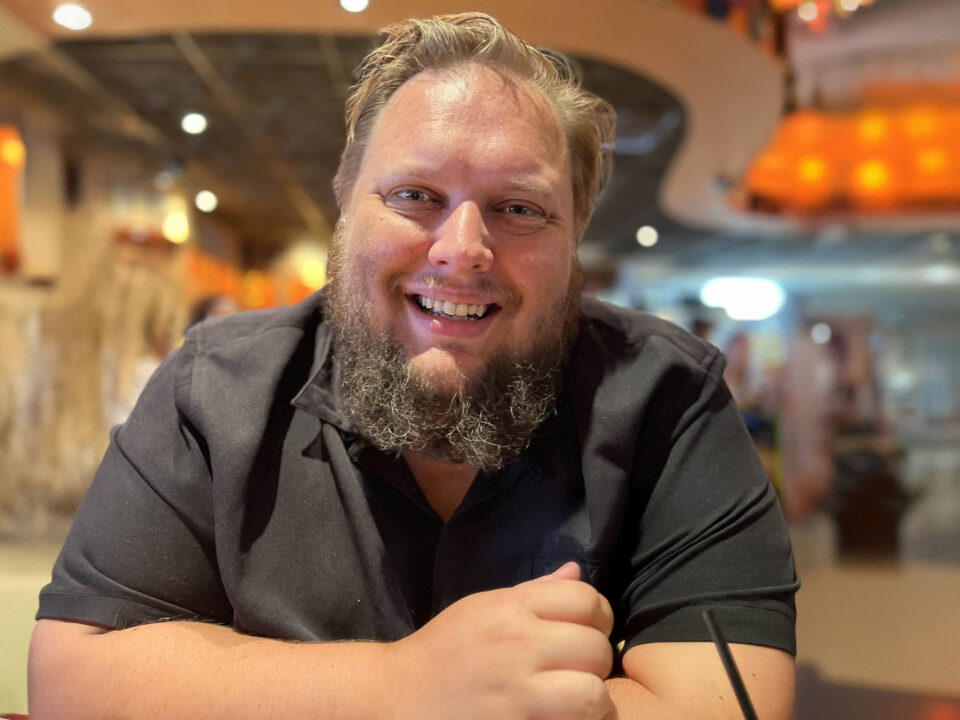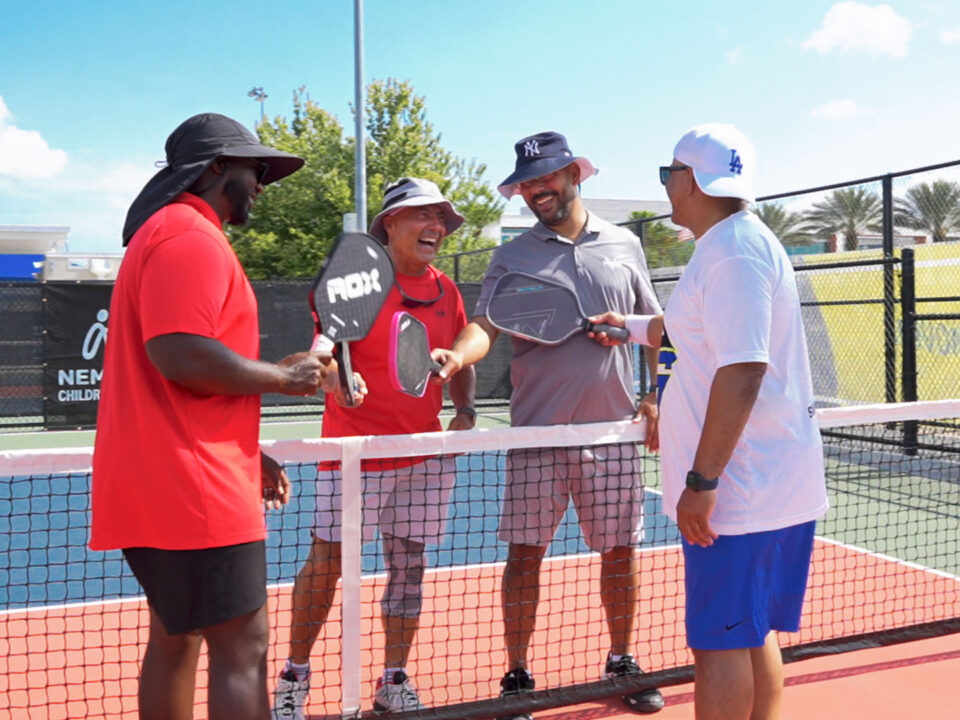
Jay Garner: Lieutenant General and Guardian of Freedom
November 2, 2023
Explore Orlando’s Shingle Creek Trail
November 8, 2023Orlando is the Center of the Metaverse, the Hub of Immersive Technology
You may wish upon a star, but don't go to sleep on Orlando. We're so much more than The Mouse and The Wizard. We're a top city for startup businesses, we're a top technology hub, and we have the world's largest footprint in immersive technology.
For instance, WalletHub named Orlando as the best place in the U.S. to start a new business. Jacksonville, Miami, and Tampa are 2, 3, and 4, respectively, and you don't leave Florida until you hit #5 (Durham, NC).
According to the Orlando Economic Partnership, Orlando also has:
- $6B+ annual simulation-related contracts in the region.
- 40,000+ qualified tech workers.
- The #1 game design program at the University of Central Florida.
- The largest concentration of VR/AR faculty and researchers from all U.S. universities
- Orlando has the largest density of Unity licenses in the U.S.
- Orlando is building the first immersive digital twin of its kind.
- Central Florida's AR/VR Assoc. chapter is one of the largest and most active chapters.
All of that is to say, Orlando is the world hub of immersive technology: The companies are here. The talent is here. And the opportunities and growth are here.
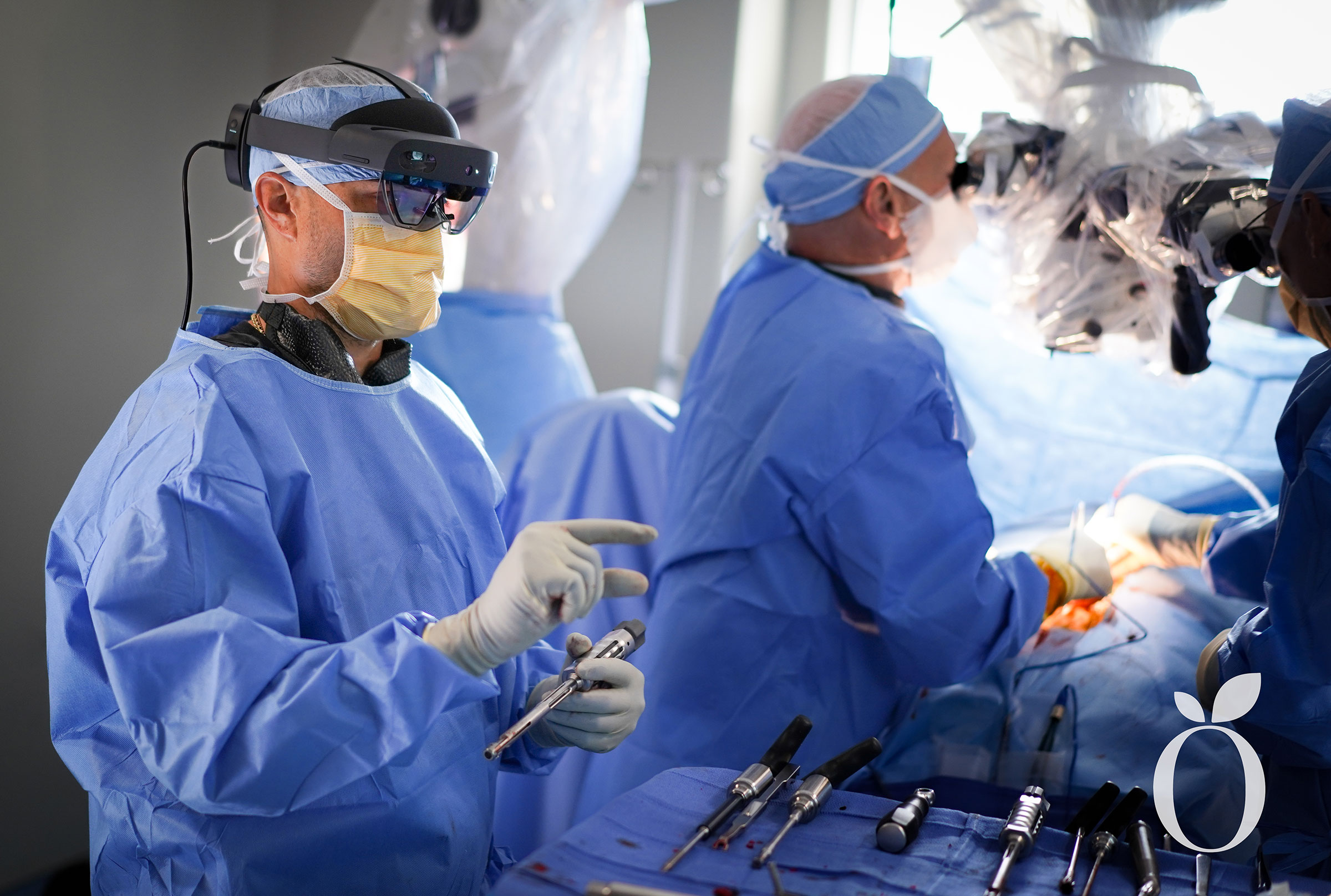
A Technician works alongside Dr. Robert Masson using software from eXpanded eXistence, an Orlando based surgical tech company
It Started With a Boat
Orlando has a 60-year history of simulation and immersive training. It started during World War II at the Naval Training Center in what is now Baldwin Park. The U.S. Department of the Navy sent a fledgling team of sailors to train them fast and give them real-world experience.
"It wasn't VR headsets like we know today. It was simulating a battleship by building it out of concrete blocks, literally," said Carol Ann Logue, Director of Programs and Operations for the UCF Innovation Districts & Incubation Program.
"Every Navy recruit came through the Naval Training Center here in Orlando because they had to get them through fast and give them an experience," Logue added. "How could we help them understand what it's like to walk onto a battleship and know their way around? So they built one out of concrete blocks. That was an early form of immersive training."
That brickwork beauty was the ship that launched a thousand facilities, the genesis of the modeling, simulation, and training (MS&T) industry. After the war, the Army and Navy signed a memorandum of understanding — the longest-standing MOU in the military — and the two groups became the basis for Team Orlando, working to grow simulation training and immersive experiences for our men and women in the military.
Back to School
In 1963, Florida Technological University was created with the mission to educate students in science, technology, engineering, and math to support the growing U.S. space program on Florida's Space Coast. It also provided talent for the growing medical simulation and training industries. And the school grew in size until it was renamed the University of Central Florida in 1978.
In the decades to come, Valencia College, Seminole State University, and Full Sail University all joined the immersive technology bandwagon, making Central Florida the place where you needed to be if you wanted to work in the immersive tech industry.
"We're all really working to provide talent," said Dr. Haifa Maamar, Education Director of Emerging Technologies at Full Sail University. "We're always talking to companies and the experts to understand what their needs are, what the industry needs are. And then we're reverse engineering that into our curriculum so we can prepare the talent to be ready for that ecosystem."
Dr. Maamar said it's a continuous circle of growth and development.
"You have the businesses understanding what they want. Then you have the academic institutions delivering on that. And it goes back to the companies who develop new ideas and need new knowledge," said Dr. Maamar. "We're all working together to make sure that our graduates stay here. Because we want our companies to understand the value of our graduates."
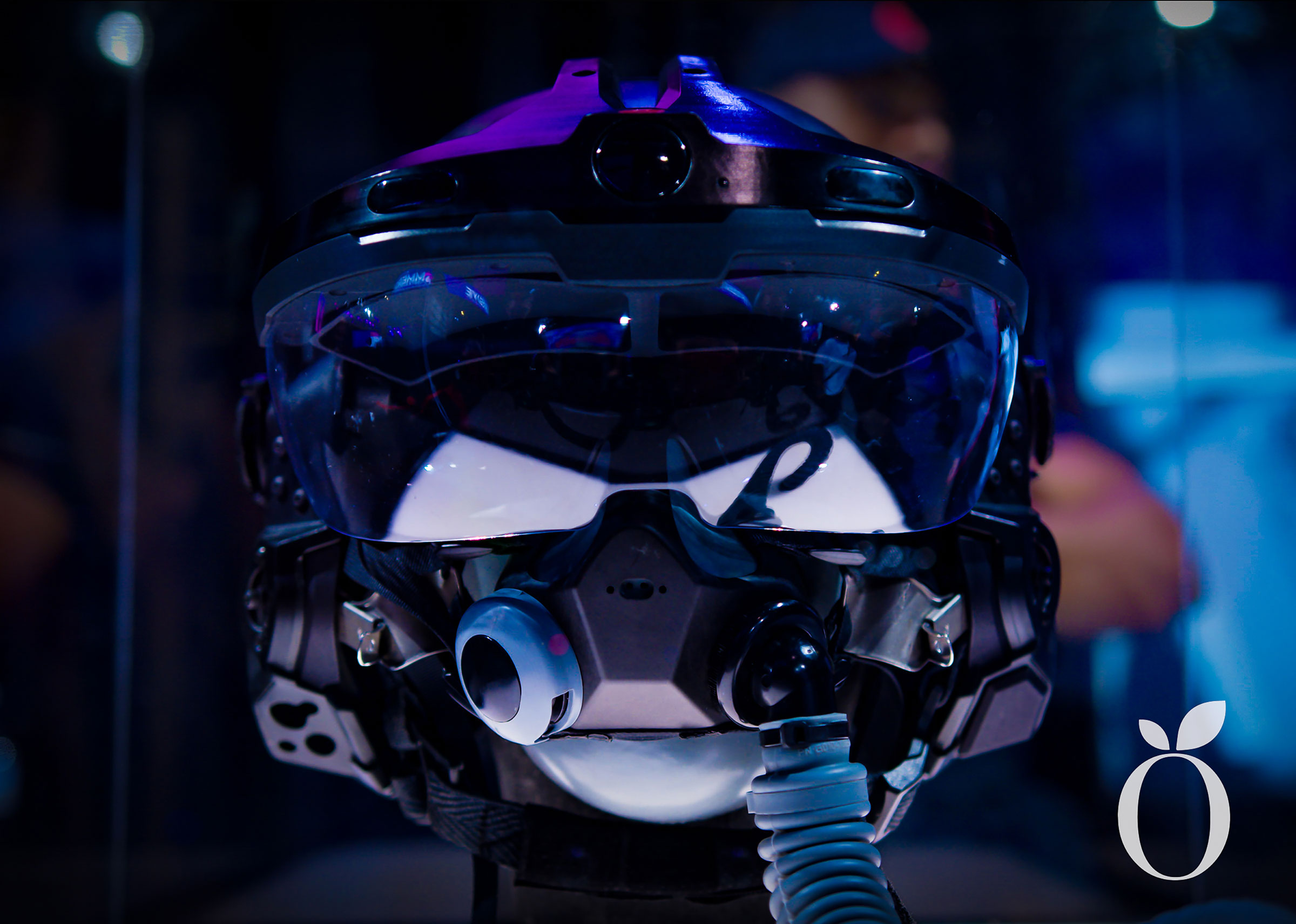
Red 6's EVE Headset (Enhanced Visual Environment) is a transformational leap in wearable augmented reality technology.
Red 6 Standing By
It was the gravitational pull of Team Orlando that brought companies like Red 6, an AR pilot training system, to Central Florida. They're here thanks in large to Sheena Fowler, who is now their Vice President of Strategic Engagements and Business Development. She was still at the Orlando Economic Partnership at the time when she recruited them to move.
"I used to help startups," said Fowler. "I didn't join startups."
Fowler was attending the VR/AR Global Summit in Vancouver, Canada, four years ago and attended a session featuring Dan Robinson, the founder of Red 6. He began talking about the immersive technology they were building using augmented reality in fighter jets.
"I fell out of my chair, frankly," said Fowler. "He had just closed a Series A funding round, so they were at a point of expansion. Companies at that point usually look for a lower-cost center of excellence; they're usually in a high-priced market like San Francisco, LA, or New York. But they don't want to expand in the area they're in. They want a lower cost, and Orlando is that place.
"I told Dan they should consider Orlando because we have the highest concentration of talent. And he would have all their buyers right in one little area in Research Park, one of the largest in the U.S."
After that, it was just a matter of showing Robinson and Red 6 that Orlando could not only deliver on talent, they could deliver the companies and organizations Red 6 was selling to.
"We have the theme parks, the space industry, NASCAR, and all of our incredible sports training that takes place in the Central Florida region and in the state of Florida," said Fowler. "Everyone looks at us and thinks, 'Theme parks.' But there are highly curated technological experiences made by people right here in Central Florida."
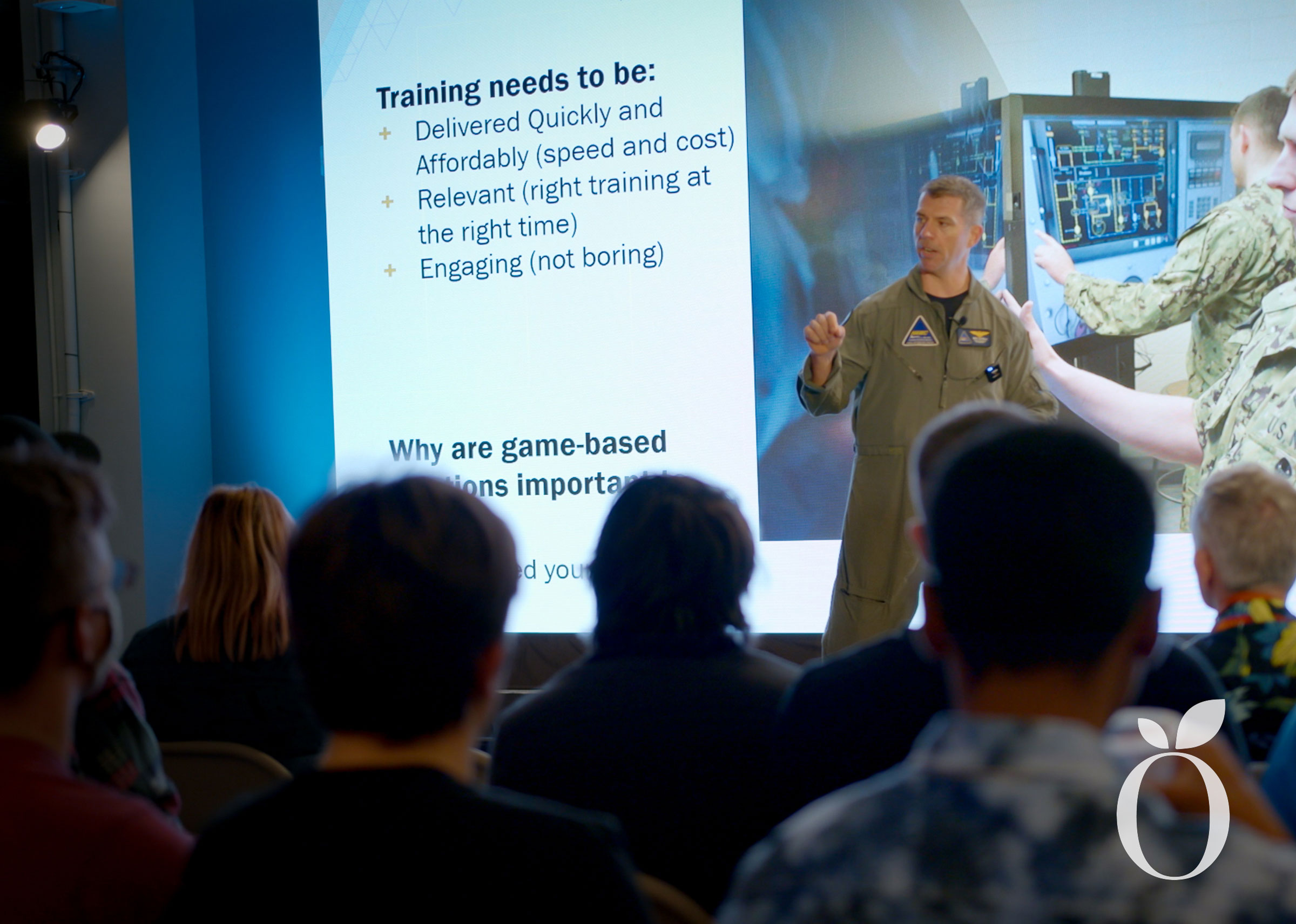
Former Commanding Officer of NAWCTSD, Dan Covelli, talks to an audience at Indienomicon on why game-based solutions are important to the DoD
Hey, Big Spender
Even though the military is responsible for a huge presence in MS&T, it's still not the biggest spender.
"We'll never outspend the theme park industry in Orlando in terms of who's here and what we do," said Fowler. "But when you look at the number of contracts that continue to happen here, it speaks for itself. It's just a much quieter industry.”
Orlando's theme park industry started in the 1960s, and its goal was to create an immersive experience where people could suspend their disbelief for just a short while and imagine themselves in space, under the sea, on an island, or in a haunted mansion.
Now, Disney, Universal, and SeaWorld have embraced immersive technology, from sights, sounds, and smells on a ride to a roller coaster that feeds 3D effects through a pair of VR goggles.
"We've got all these amazing theme parks," said Logue. "And what makes those experiences ones that we remember is the incredible engineering and experiences it gives us by putting us in a different environment that's created around us. There's a lot of artificial intelligence, a lot of sound engineering, olfactory engineering, and certainly a lot of VR and AR being incorporated into it."
It's All Just Fun and Games
But it wasn't until a few decades later when the trees of the military and the theme parks began to merge, their branches entangling, as MS&T designers and engineers swung back and forth between the various companies and organizations that support both industries. And that attracted the attention of the gaming industry."So we have these two parallel industries that have grown up together and then have attracted other industries like Electronic Arts, Tiburon Studios, and all these other small companies that have spun out of that. It's a really interesting confluence of defense, entertainment, gaming," said Logue.
Other companies that have made their home in Orlando include GameSim, Iron Galaxy Studios, 302 Interactive, Avalon, and Unity Technologies.
The gaming industry is fed by the same pool the military and entertainment industries fish for local talent, including UCF's graduate video game design program, which has been ranked as the #1 program of its kind worldwide. Gaming companies also pull from Full Sail University, Valencia College, and Seminole State College.
"When you look at the complementary talent base that accompanies these contracts," said Fowler, "you can see that the talent that comes up at our university systems can produce an independent game subcontract on a defense contract, maybe work for EA and build a title game there, or build some theme park experiences for Disney, Universal, or SeaWorld."
That has also led to using game and entertainment elements within the defense industry.
During the 2022 Disney Accelerator, Red 6 was able to take several Star Wars game elements — including TIE fighters, X-Wing fighters, and the Millennium Falcon — and introduce them as an AR add-on to their pilots' headsets, which had been modified to look like Rebel Alliance pilot helmets.
"The Department of Defense is reaching more and more into the gaming community to bring that talent and commercial technologies into gamification for the Department of Defense," said Logue.
Orlando's remarkable journey — from its humble beginnings as a concrete block battleship to the latest in virtual and augmented reality — has resulted in a diverse ecosystem that champions startups and fosters talent.
Cathy Hackl, "Godmother of the Metaverse" and Chief Metaverse Officer for Journey, once said about our fair city, "From simulation and modeling to game development, world-building, and even imagineering, Orlando houses not only the talent but also the business-friendly climate incentives that are needed to develop the metaverse."
As it continues to bridge the gaps between defense, entertainment, and gaming, Orlando is shaping the future of innovation and is playing a pivotal role in the metaverse's development, thus proving that there is more to Orlando than meets The Ears.


